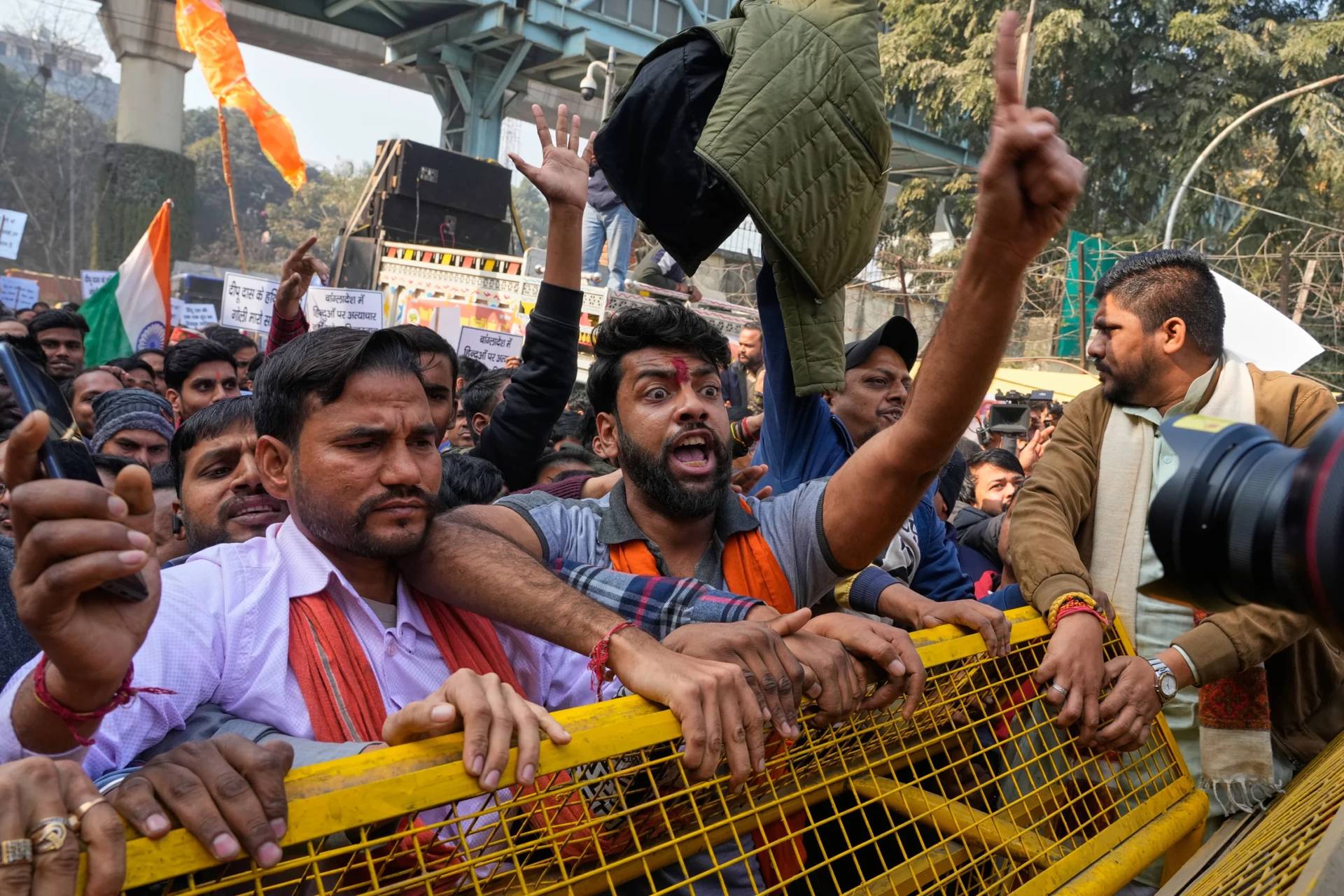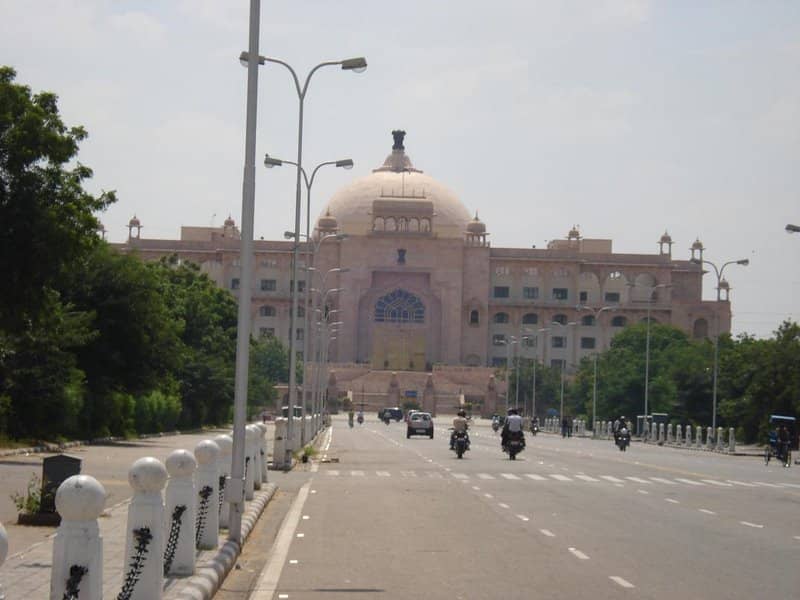ROME – In a new message to the people of Myanmar, Cardinal Charles Bo of Yangon asked that as tensions rise and the death count grows, protesters reaffirm their commitment to non-violence, as turning to violence themselves would only lead to more chaos.
In a March 24 message addressed to all Myanmar citizens, but especially young people, Bo said he has “great admiration and appreciation” for the historic sacrifices people are making “for the greater good of our country and our people.”
“Yours is a nationwide movement, grounded in the values of democracy, non-violence, equity, and solidarity, and seeks to bring justice for all,” he said, noting that the opposition movement has been recognized internationally for “its spontaneity, creativity, orderliness, massive organization skills, and non-violent approach.”
“You are doing your best to survive in very difficult circumstances: brutal violence against the people that makes it increasingly impossible for peaceful gatherings; fear, depression, and anxiety about the course of future action; finding safe places and living in existential anxieties.”
In the face of increased violence and a rising death toll, the temptation to take up arms as a more effective response to the brutality of security forces is a growing temptation, he said.
“I acknowledge your pain, anger, and trauma. However, I caution you from going down the path of violent struggle and appeal to you to remain determined and disciplined in non-violence,” Bo said, telling opposition members that their movement “has gained worldwide attention, solidarity, admiration, and support because of its peaceful nature so far.”
Civil unrest exploded in Myanmar last month, when the military, led by coup-leader Gen. Min Aung Hlaing, ousted the elected government of Aung San Suu Kyi over alleged voter fraud in the country’s November 2020 elections, throwing Suu Kyi and several of her top aides into prison, interrupting a years-long progress of establishing democracy in Myanmar.
Protests erupted immediately, with Myanmar security forces often using violent means to crack down on demonstrations and civil opposition.
According to the independent Assistance Association for Political Prisoners (AAPP), the death count has now climbed to 275, with the youngest victim being a 7-year-old girl, shot Tuesday while in her father’s arms after security forces broke into the family home.
Some 2,812 have been arrested, charged, or sentenced in relation to their resistance to the military coup, with
Last week Pope Francis spoke out about the unrest in Myanmar, urging various parties involved to find a peaceful solution to the matter.
“With so much sadness,” Francis during his March 17 general audience said he felt the need to “evoke the dramatic situation in Myanmar, where so many people, above all young people, are losing their lives to offer hope to their country.”
Apparently referencing an image that went viral of a Myanmar nun kneeling in front of security forces to plead with them to refrain from violence, the pope in his audience said that “I, too, kneel on the streets of Myanmar and say: may violence cease; I, too, extend my arms and say: may dialogue prevail.”
Over the weekend, eight people were killed in Mandalay by security forces who entered a residential neighborhood to clear barricades built by activists. A 14-year-old boy shot while filling up a water container was among the fatalities. Two of those killed were shot while attempting to recover the bodies of those who had already fallen.
Yet despite the risks, tens of thousands across Myanmar continue to protest and take part in the civil disobedience movement, with demonstrators seeking ways to avoid direct confrontations with security forces by holding marches on side streets, gathering by night, or placing mannequins with signs critical of the military junta near places where security forces are stationed.
On Monday in Yangon, activists honked car horns continuously with occupants raising their hands in a three-finger salute, which has become the symbol of the resistance fighting for democracy. In Mandalay, just before dawn, there was a large demonstration of medical staff, all of whom wore white coats.
On Wednesday, protestors called for a “silent strike,” with businesses and shops closing and people staying shut inside their homes with the goal of shutting down entire towns and cities.
Teachers and medical staff who strike have been threatened by the junta with losing their jobs should they fail to return to work.
In a bid to crack down on Myanmar’s military junta, the European Union on Monday imposed sanctions on 11 generals who ousted Suu Kyi’s democratic government, including General Aung Hlaing, who was already sanctioned in 2018 for actions taken against Myanmar’s Rohingya minority.
The EU also issued an embargo in the sale of weapons to Myanmar, with some EU leaders saying they intend to broaden sanctions to commercial activities held by the military in the near future.
Myanmar’s military has yet to formally comment on international criticism, but Tuesday the junta’s spokesman, Zaw Min Tun, said in a televised news conference that he was “sorry” for civilians’ loss of life, but faulted protesters for unrest and the destruction of property.
Singapore Foreign Minister Vivian Balakrishnan visited Brunei Monday, before going to Malaysia and Indonesia amid calls for regional leaders to hold a high-level emergency meeting to address Myanmar’s escalating crisis.
Brunei is currently president of the Association of Southeast Asia Nations (ASEAN). Although the stated reasons Balakrishnan’s visit to Brunei are nothing beyond reinforcing longstanding good relations, the visit takes place after other Southeast Asian countries have pushed for intervention in Myanmar, including Indonesia, Jakarta, and Kuala Lumpur.
On Wednesday, the Federation of Asian Bishops’ Conferences (FABC) issued an appeal signed by all the cardinals of Asia asking for all parties to seek peace and reconciliation in Myanmar.
“We, the Cardinals of Asia, join in making a fervent appeal to all concerned: the military, the politicians, the demonstrators, all religious leaders and the Church: PEACE, PEACE, PEACE. Peace is possible. Peace is necessary,” they said.
They asked that both the government and the opposition “begin a dialogue to find a solution,” saying the people of Myanmar “are peace loving and only seeking an opportunity for progress. They have been law abiding and cooperating with all authorities.”
“At the moment they only seek harmony and end to violence,” the cardinals said, calling Asia a continent “of peace and of hope, of warm family bonds. We are one family. All of us want to help you. But you must begin at home. Peace is possible!”
Voicing solidarity with Bo, the cardinals said, “We are with you. We share your pain and anguish. We join you as you lead your people in prayer to God for a speedy resolution of the conflict, and for light to all to see the way towards a solution.”
Violence, they said, “is never a solution; force is never a solution. It only gives rise to more pain and suffering, more violence and destruction. We earnestly appeal to all religious leaders in Myanmar to join us in this prayer for peace, in this appeal for peace and in making efforts for peace.”
In his message, Bo all but begged protesters to refrain from violence as the situation escalates, saying, “Myanmar’s struggle is already too long and bloody. There are not easy solutions. Hate cannot be dispelled by hate, but only by love; darkness is never dispelled by darkness but only by light.”
“All faith traditions adhere to non-violence because all violence is intrinsically evil. Violence brings greater violence,” he said, and condemned the use of violence by the military on unarmed civilians.
While responding to the military with violence might excite some at the beginning, “in the long-term, it will alienate the majority, losing all support and goodwill not only at home but also with the international community,” Bo said.
“Again, I appeal to you to be peaceful and strategic to avoid confrontation and loss of life,” he said. “I continue to support and remain available for all non-violent and peaceful efforts and interventions. I am fully committed at all levels to reduce violence in the streets and for the protection of lives.”
Follow Elise Ann Allen on Twitter: @eliseannallen
















